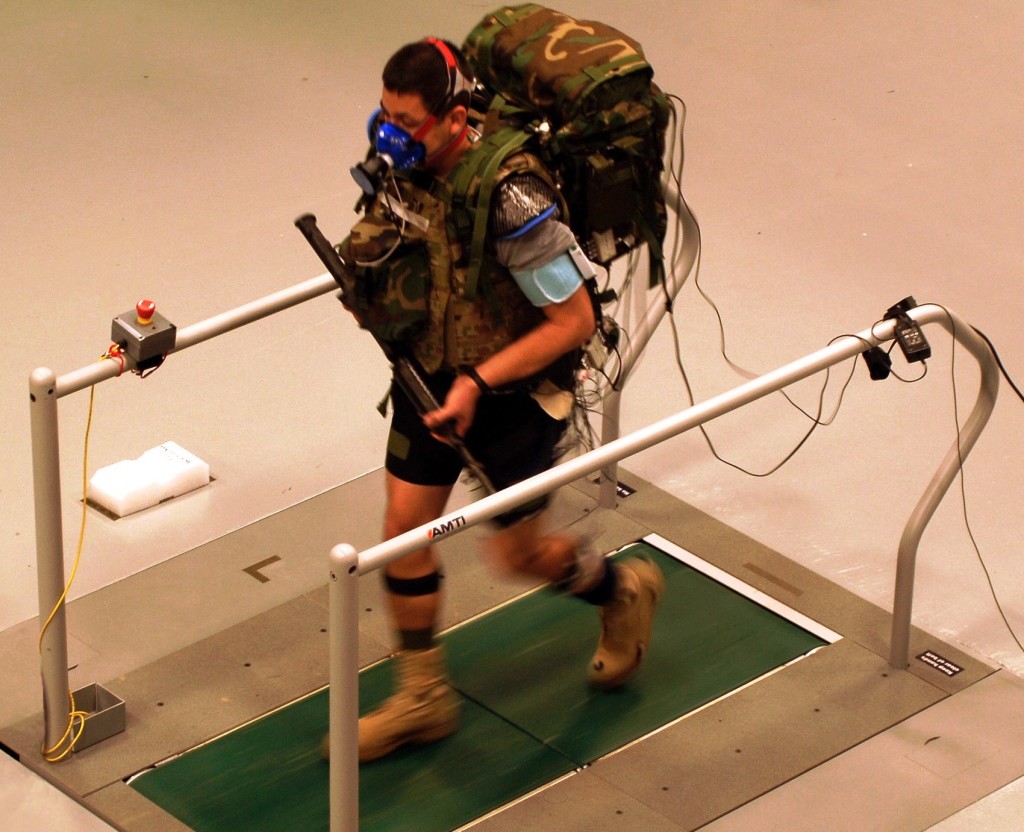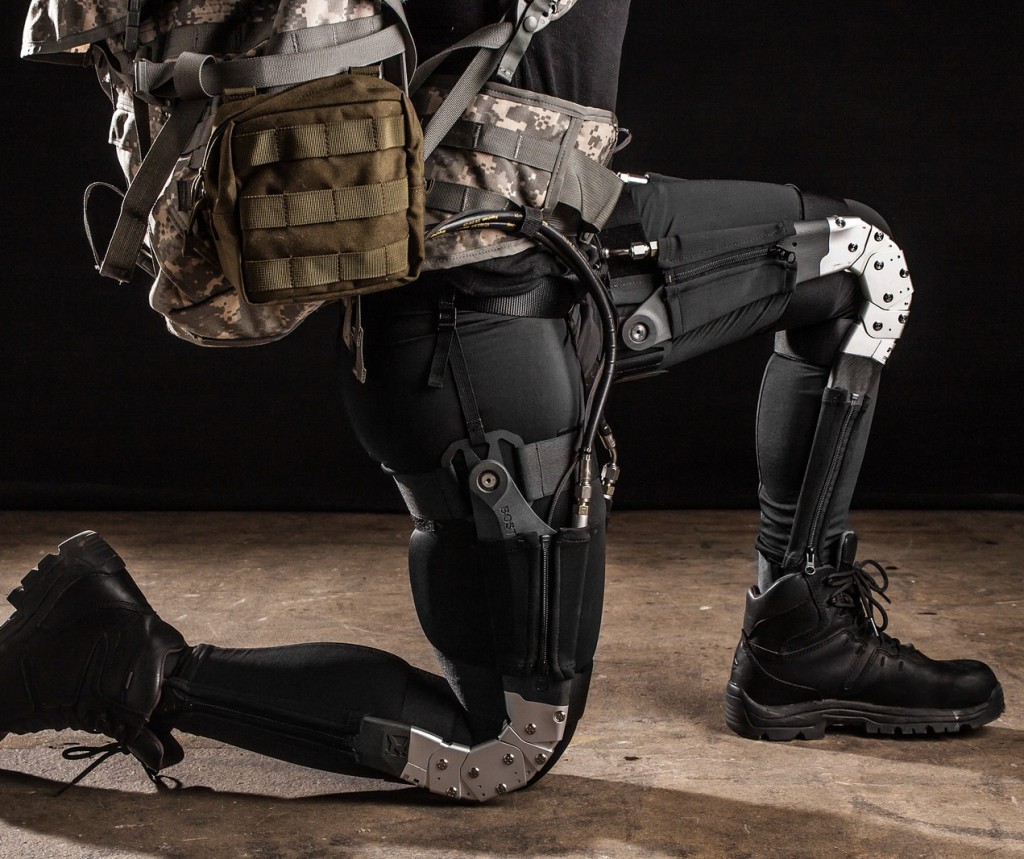News-media analyst Ken Doctor wrote, “The web may have opened unbelievable frontiers of human thought and interaction, but it’s driven by the same business principles as all other enterprise.” Basically, the market is always the market. Self-interest is a perpetual motivator and supply-demand dynamics continue to exist.
The internet changes a lot, but it doesn’t change the fundamentals of economics. It changes the cost (or lack thereof) of some specific things, like distributing information, but it doesn’t change basic human behavior. It’s kind of ludicrous that anyone might expect it to.

So here’s the point, which has been made before: Everything we don’t like about the implications of technology boils down to something we don’t like about the way humans organize ourselves. Because — to risk repetition — technology doesn’t change humanity; it simply enables us to express our persistent nature in new/different/tweaked ways.
For example, as Adam Elkus wrote on Slate, “Algorithms are impersonal, biased, emotionless, and opaque because bureaucracy and power are impersonal, emotionless, and opaque and often characterized by bias, groupthink, and automatic obedience to procedure.” An algorithm like the one that defines Facebook’s Newsfeed didn’t spring into being independent of people’s choices; it was constructed and enacted based on such choices.

Most consumers don’t know, think, or care about the value judgments being made by the engineers and programmers who design the functionality of apps, phones, thermostats, cars, etc. As long as a product gives us something pleasurable or useful, we brush aside collateral concerns. (Apathy toward data collection is a great example of this.)
Industries respond to what people — and aggregates of people — actually care about, which is expressed via money. As Adam Gopnik wrote in The New Yorker, “Markets are designed to make their own rationality. Where people put their cash reflects what they think and desire.”
Society is unjust because people are unjust, individually and collectively. We often don’t truly care about the things we claim are crucial, or the principles we tout as cherished values. (God save reporters’ salaries.) This is reflected in how humans make and use technology, just as it’s reflected in every other human endeavour. Susie Cagle’s series “The Crooked Valley” illustrates this (literally) very well.